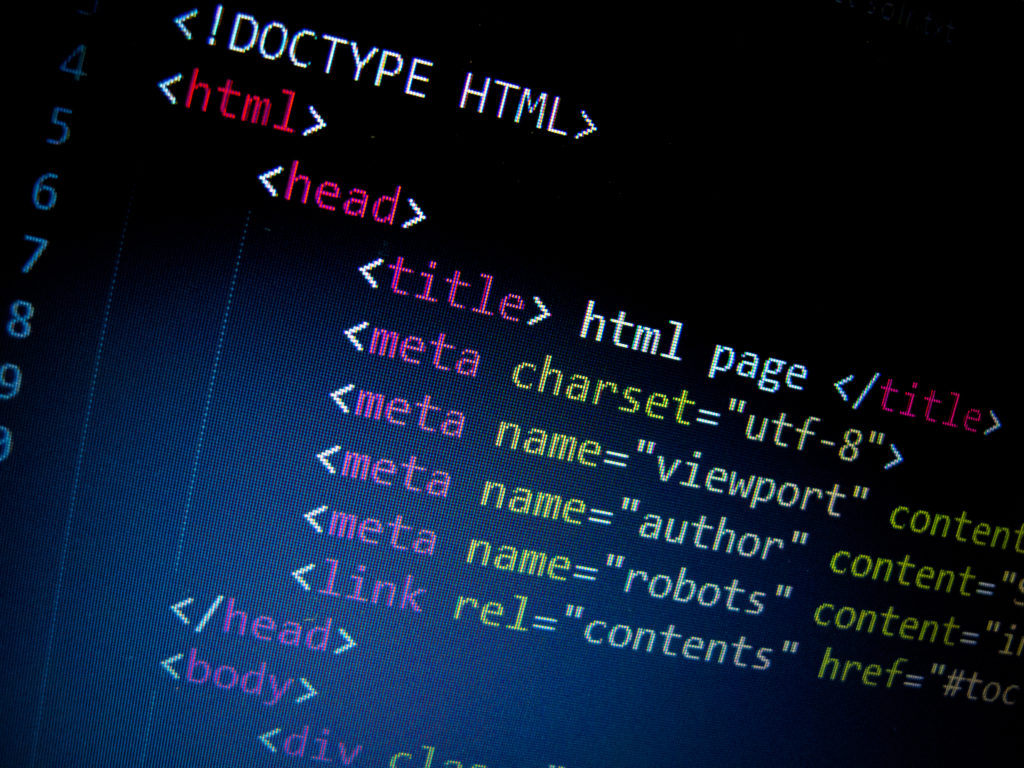
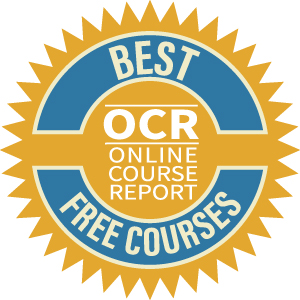
Free online courses in CSS (Cascading Style Sheets) and HTML (Hypertext Markup Language) are plentiful online, but finding the best ones is a little trickier. Whether you are looking for a short introduction or a more in-depth offering, you’re sure to find one on our curated list that suits your needs. HTML and CSS are necessary technologies when it comes to building Web pages and Web apps, so learning how to use them is a must for aspiring designers and developers.
HTML and CSS are probably the easiest programming languages one can learn, and investing a little time taking one of our free listed courses can result in some big payoffs in the end. We’ve scoured the internet’s best online educational platforms to compile this list of the best free online courses in HTML and CSS to provide you with an excellent starting point.
Featured Programs
- HTML5 and CSS Fundamentals
- Duke University Programming Foundations with JavaScript
- University of Michigan Introduction to CSS3
Disclaimer: Some courses may include an affiliate link. Courses were chosen first based on the methodology with affiliate links only added after the ranking was complete.
Each course has been reviewed using OCR’s exclusive methodology, which we use to rank the choices in descending order. You will find our favorite picks at the top of the list. However, scroll on down to find some equally worthy options. Ultimately, the online HTML or CSS course you choose is one that will work best for you.
Ranking 10 Free Online Courses for HTML and CSS
1. HTML and CSS
Offered by The Odin Project
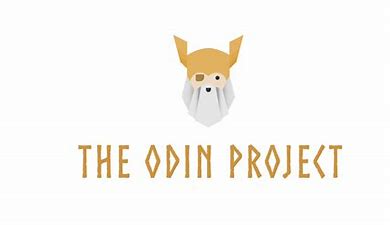
The Odin Project offers our top-rated free online course for learning CSS and HTML. This open source platform was founded to give people with no coding skills a way to go from zero programming knowledge to proficiency no matter who they are or where they live. It is maintained by a group of hard-working volunteers and accompanied by a lively forum where you can interact with your peers.
The only prerequisites for learning are that you should be competent with a computer and be willing to work in an operating system other than Windows. There are no start and stop times, no sign ups necessary, and no commitments. Students can jump in anytime they like and begin completing the lessons.
The HTML and CSS course is comprehensive and the modules include:
• Understanding basic HTML page structure
• Displaying and inputting data
• CSS (including advanced)
• Design and user experience
Each of those modules is broken down into more specific and complex topics so students don’t just get an overview—they learn everything from start to finish. There is no certification, but you will have the opportunity to do something even better—build an impressive portfolio of work to present to a future employer.
Cost: Free
Certificate: No
Time to Complete: Varies
Curriculum: Introductory to Intermediate
User Experience: Excellent
Quality of Instruction: Excellent
Pros:
• Smooth and easy-to-navigate interface
• A forum where you can interact with other students and get questions answered
• No commitments or sign-ups necessary
Cons:
• None
2. HTML Fundamentals
Offered by Solo Learn
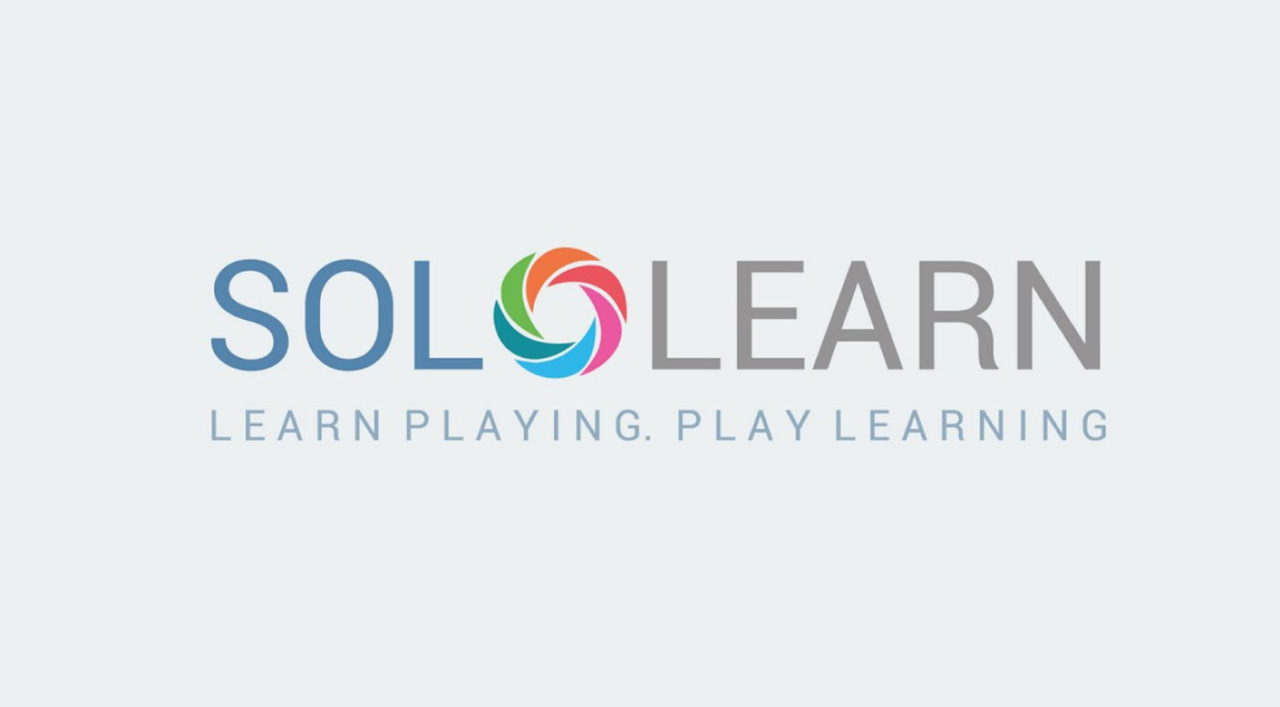
This is an interactive course featuring 44 lessons and 125 quizzes covering all the basics you need to know about HTML. It’s offered on the Solo Learn Platform—a completely free resource for learning coding. Nearly seven million students have availed themselves of Solo Learn’s top-notch free online courses and you could be one of them.
While some courses offer the basics of HTML in terms of theory, this course drills down to the practical level. You will learn by playing and by writing actual code. Topics covered include:
• Creating an HTML page
• Creating a blog
• Tex formatting
• Images
• Links
• Block elements
• Headings, lines, and comments
• Attributes
• Tables
• Frames
• HTML5
Importantly, this is not an inclusive list. There are dozens of other topics you will learn, all in a friendly and hands-on environment. Another advantage of taking a free online HTML course on Solo Learn is that they maintain a community forum where you can get together with your peers and ask questions or even give some help. It’s a great way to connect with others when you could use a little motivation and encouragement.
Sign-up is easy on Solo Learn. Just login with your social media credentials or an email and you can start right away. You can even earn a downloadable certificate of completion once you are finished with all the lessons.
• Cost: Free
• Certificate: Yes
• Time to Complete: Varies
• Curriculum: Intermediate to Intermediate
• User Experience: Excellent
• Quality of Instruction: Excellent
Pros:
• Interface is well-organized and easy to use
• Ideal for those who are motivated by earning a certificate
• No advertisements
Cons:
• None
3. CSS Fundamentals
Offered by Solo Learn

Solo Learn also offers a free online course in CSS fundamentals that closely mirrors their HTML fundamentals course. It’s one of the most thorough CSS courses we’ve found, and like the HTML course, students can earn a free downloadable certificate upon completion.
There are 76 lessons and 193 quizzes in this offering, each complete with hands-on exercises and engaging instruction to help you learn. A few topics include:
• CSS rules and selectors
• Style cascade and inheritance
• Working with text including fonts and alignment
• Understanding the box model
• Borders
• Backgrounds and gradients
• Lists
• Tables
• Links
• Displays
• CSS3
• Animation
• Filters
If you get stuck on a problem you can connect with other students in the platform’s forum—one of the major perks of choosing Solo Learn. There are no paywalls in place and students can begin whenever they want, progressing through the lessons in their own time.
Cost: Free
Certificate: Yes
Time to Complete: Varies
Curriculum: Intermediate to Intermediate
User Experience: Excellent
Quality of Instruction: Excellent
Pros:
• Exceptional curriculum
• Comprehensive and thorough coverage of the subject
• Certificate is offered
Cons:
• None
4. HTML5 and CSS Fundamentals
Offered by W3C via edX
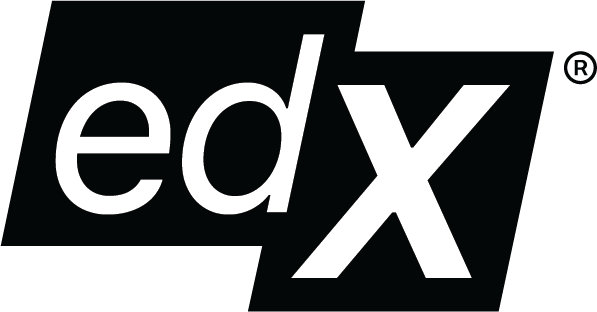
This six-week course offered through The World Wide Web Consortium (W3C) via edX is one of the best free online courses in HTML and CSS we have found. Over 300,000 students have participated, and it’s part of a professional Certificate in Front-End Web Development. Intended to be taken for four to six hours per week, students will learn all the basic building blocks of HTML5 and CSS plus:
• How to write a Web page
• Concepts of a markup language
• Web design and style
• Page layout and flexbox
There are six modules in all, taught by experienced content developers at Microsoft. The class can be taken at no charge but students who want to obtain a certificate of completion can do so for a fee.
Cost: Free
Certificate: Yes, with a fee
Time to Complete: Six weeks
Curriculum: Introductory
User Experience: Excellent
Quality of Instruction: Excellent
Pros:
• Excellent user interface
• Developed by industry experts, W3C, and Intel
• Great for students looking for a more in-depth offering
Cons:
• Certificates of completion can only be obtained at the paid level of the course.
5. HTML and CSS Tutorials
Offered by HTML Dog
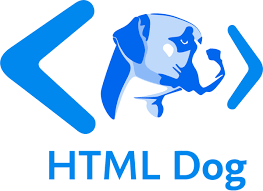
While this offering is less of a course and more of a resource, it has just as much (if not more) in the way of tutorials as some of the more extensive classes we have listed. Not only that, but it’s exceptionally entertaining considering the subject matter. The experts at HTML Dog have created a hearty list of free tutorials to teach students both CSS and HTML in an engaging and actionable way.
The HTML section features 11 introductory tutorials, 7 intermediate ones, and 8 advanced tutorials. In the CSS sections, students will find 7 introductory, 9 intermediate, and 11 advanced options for learning. This is autodidactic learning at its best. There are no sign ups needed and you can start anywhere you want so you don’t waste any time on topics you’ve already mastered.
We love the easy-to-use interface on the site, and it’s simple enough to navigate that it can be bookmarked and referred to time and again as a reference.
Cost: Free
Certificate: No
Time to Complete: Varies
Curriculum: Introductory to advanced
User Experience: Excellent
Quality of Instruction: Excellent
Pros:
• Playful and engaging
• No commitments or sign-ups
• Good for those who want to get their feet wet
Cons:
• Certificate not offered
6. Programming Foundations with JavaScript, HTML and CSS
Offered by Duke University via Coursera

This 30-hour free online course in HTML, CSS and JavaScript is taught by expert instructors at Duke University. Perfect for those students who are looking for a more robust offering, it dives deep into the foundations of programming. The course consists of four learning modules:
• Designing a Web Page with HTML and CSS
• Algorithms and Programming Concepts
• JavaScript for Web Pages
• MiniProject: Image Filters on the Web
As with all Coursera courses, the lessons, exercises, and quizzes can be completed in audit mode at no cost. If you want certification and graded assignments with peer feedback you can opt for the paid version.
Cost: Free
Certificate: Yes, with fee
Time to Complete: 30 hours
Curriculum: Introductory
User Experience: Excellent
Quality of Instruction: Excellent
Pros:
• Instructors are all Duke University professors
• Part of a professional certificate program if you choose to pursue more courses
• Sign up and start right away
Cons:
• Certificate only available with the paid program
7. Introduction to CSS3
Offered by University of Michigan via Coursera

If you’ve already mastered HTML learning CSS3 is a logical next step. It’s the second course in a five-course specialization titled Web Design for Everybody: Basics of Web Development & Coding Specialization. Featuring 28 on-demand videos, 31 readings, and 7 quizzes, it’s packed full of information. Upon completion, students will be able to sketch a concept or design and use CSS to bring that design to life with color, fonts, layouts, and more.
The online CSS3 course takes approximately 14 hours in its entirety and can be taken in audit mode absolutely free. If you want a certificate, you can opt for the paid version, but that is optional.
There are four modules that can be taken at your own pace:
• Simple styling
• Advanced styling
• Pseudo-classes, pseudo-elements, transitions, and positioning
• Putting it all together
Cost: Free
Certificate: Yes, with a fee
Time to Complete: 14 hours
Curriculum: Introductory to Intermediate
User Experience: Excellent
Quality of Instruction: Excellent
Pros:
• Taught by three two instructors from the University of Michigan School of Information
• Start at any time and complete at your leisure
• Financial aid available for those who want the paid benefits but can’t afford the course
Cons:
• Certification and peer-reviewed assignments are blocked behind the paywall
8. Getting Started With the Web
Offered by Mozilla
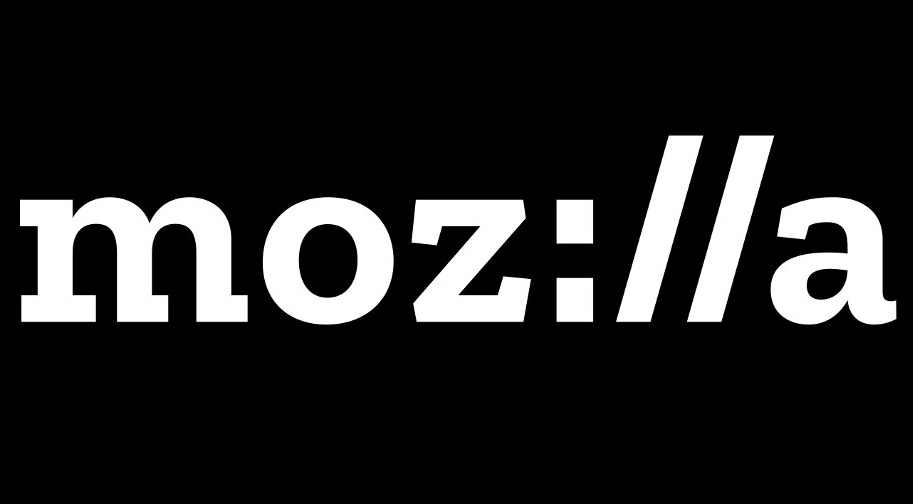
The Mozilla Developer Network (MDN) is a terrific resource for students of all skill levels. And what this course lacks in audio and video features it makes up for in content. For those who learn by reading and studying examples, it’s an ideal jumping-off point for those who want a thorough understanding of both HTML and CSS.
The free online HTML and CSS course is set up methodically and will work best if you start at the introduction and work your way through each module. It begins by explaining all the basic software installation necessary to begin web development and moves on to dealing with files, HTML basics, and CSS basics. It even covers the basics of JavaScript and publishing your website.
MDN maintains some other helpful tools as well, including a list of FAQs for HTML and one for CSS. These are great to save for future reference. All of the content is free of charge under various open source licences and there are no sign-ups or enrollment procedures necessary to participate. Just jump in whenever you’re ready to begin.
Cost: Free
Certificate: No
Time to Complete: Varies
Curriculum: Introductory
User Experience: Good
Quality of Instruction: Good
Pros:
• Learn by reading
• Go at your own pace
• No enrollment is necessary
Cons:
• The website does not offer the same rich user experience as some other platforms
9. Learn HTML and CSS
Offered by Codecademy
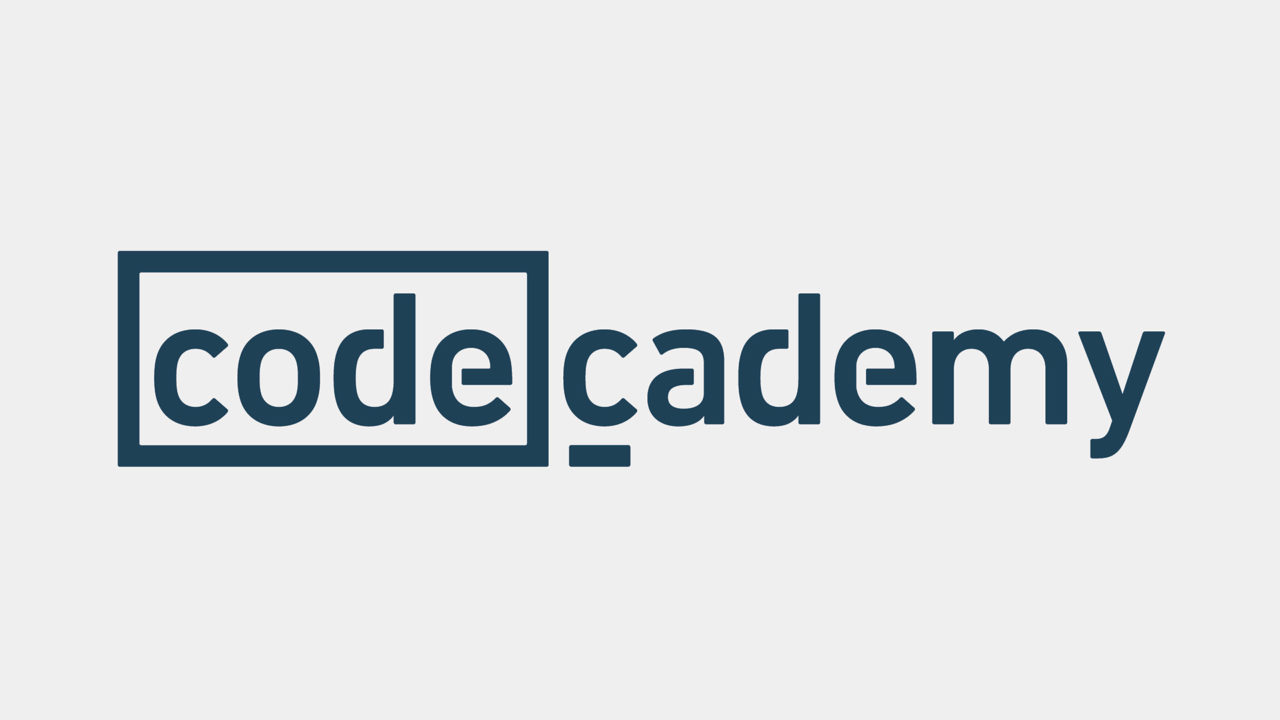
Codecademy is one of the best places online to learn coding, and they offer both a basic free membership and an upgraded pro plan. Although the pro plan will unlock more practice exercises, peer support, and real-world projects, the basic HTML and CSS introductory courses are adequate for beginners.
Learn HTML is a nine-hour free online course that teaches the basics of HTML including Elements and Structure, Tables, Forms, and Semantic HTML. (This particular course has been taken by close to nine million students!)
Learn CSS should be taken after the HTML course is completed. It is 15 hours long and teaches students about Selectors and Visual Rules, The Box Model, Display and Positioning, Colors, Typography, and Grid.
Both courses feature interactive lessons and can be taken at your own pace.
Cost: Free
Certificate: No
Time to Complete: 9 to 15 hours
Curriculum: Introductory
User Experience: Good
Quality of Instruction: Good
Pros:
• Industry-recognized instruction
• No paywall or complicated sign-up in place
• Simple and open to all ages
Cons:
• While the free version of the course is adequate, users may get more out of the pro version which includes many more exercises and projects.
10. Learn HTML & CSS: How To Start Your Web Development Career
Offered by Udemy

Created by front-end web developer and SEO marketer Michael Bower, this four-and-a-half hour course is short but incredibly educational. It has been taken by over 50,000 students, many of whom strongly recommend it. The only prerequisites are an internet connection and the Chrome browser.
It’s split into four modules:
• HTML
• CSS
• Code Challenge Final
• Course Project where you will create a BBC.com clone site
Students will learn how to create websites in the first two sections, and there are lots of quizzes and code challenges to practice what you’re learning. This is a completely free online HTML and CSS course offered on the Udemy platform.
Cost: Free
Certificate: No
Time to Complete: 4.5 hours
Curriculum: Introductory
User Experience: Excellent
Quality of Instruction: Good
Pros:
• Taught by a successful developer
• Ideal for beginners or those who want a refresher in coding with SEO in mind
• Over 2000 satisfied reviews
Cons:
• Too short
Frequently Asked Questions About Free Online HTML and CSS Courses
The abundance of free online classes and MOOCs (massive open online courses) has made it easier than ever for those who want to learn technology skills to do so at no cost. Free HTML and CSS courses are no exception. But how do these courses work? Are they worth it? In this section, we will try to answer some frequently asked questions.
Who Should Take Free Online HTML and CSS Courses?
Anyone interested in a career as a developer should have a solid working knowledge of CSS and HTML, but these skills are valuable in other positions too. Salespeople, event coordinators, small business owners, marketers, designers, managers, and other professionals can benefit from understanding a bit about these core technologies. They are easy to learn, and the ability to handle small tasks using these skills on your own can save you a lot of money over time.
Why Should I Learn HTML and CSS?
For starters, these coding languages are supported by all browsers and widely used in most everyday applications. They are the most fundamental languages used to create websites, and understanding them will give users a broader perspective on how the internet works. But beyond these basics, students of HTML and CSS can use their skills in a variety of ways, including:
Building Websites and Blogs
If you know how to code using HTML and CSS, you can build stunning blogs and websites. Whether you are a freelancer who wants to design for other companies or create a visually appealing portfolio to highlight your accomplishments, there’s no need to hire an expensive designer. You can easily take on the task yourself when you have HTML and CSS skills.
Creating Eye-Catching Emails, Sales Funnels, or Newsletters
Ever wonder what makes certain emails stand out? HTML and CSS, of course! It’s easy to create emails, bulletins, and sales letters that get noticed when you add fonts, colors, and other design elements. Learning even a little bit of HTML and CSS can help you do this with ease.
Becoming a Unicorn
Unicorns are designers who understand how to code, and they are considered rare and in high demand across the IT world. Master coding and web design/development together, and you’ve made yourself indispensable.
Adding Value to Your Current Freelance Skill Set
Are you a freelance copywriter, marketer, or content creator? These jobs frequently overlap with a client’s need for great landing pages or design elements. Learning some HTML and CSS can add value to your work and keep your customers coming back for more.
Doing Better at Your Current Job
If you’re in charge of customer retention or establishing new accounts, perhaps your current methods need an overhaul. By creating actionable and engaging sales tools using your newfound coding skills, you may get that promotion you’ve been eyeing sooner than you thought.
What Are The Career Prospects for HTML and CSS Experts?
Since learning HTML and CSS is relatively easy and can actually be mastered in a matter of weeks or months, you can start making money in the tech industry right away just by knowing the fundamentals of these two languages. You may be able to find full or part-time employment in one of these roles:
• Blog or Website Creator
• Email Marketer
• Webmaster
• Website Producer
• Social Media Manager
• Junior Web Developer
Additionally, if you want to start your own freelance business, HTML and CSS skills are highly marketable, and you can set up shop right away. Of course, you will be using your skills right out of the gate by creating a web page to advertise your services.
According to Payscale, the average salary for HTML and CSS web developers is $62, 948.
What Kinds of Skills Do I Need to Learn HTML and CSS?
As long as you have an interest in coding, internet access, and a fundamental understanding of personal computers, you can quickly learn HTML and CSS. Self-motivation is also essential as online classes are self-directed. It definitely helps if you are disciplined enough to keep up with your studies without reminders.
If you are considering transferring these skills into a career, you should be highly organized, able to multitask, and have strong attention to detail.
How Long Do Free Online Courses in HTML and CSS Take?
Since all of the free online courses on our list can be taken at your own pace, the completion times vary. Many take only a few hours, while others can be finished in a matter of days or weeks. Ultimately, since you control how quickly you want to learn, you will be the one to decide how long learning HTML and CSS will take. We highly recommend trying more than one class to get a robust learning experience.
Why Does It Look Like There Is a Fee Involved?
For some of our listed courses, additional components of a class can be purchased with a trial membership or an upgrade. This is often the case for obtaining a certificate of completion. If you simply want to take the class without the extra perks, the courses are all free.
If you find you need the certificate or some aspect of the course that is behind the paywall, many of the platforms offer financial aid, scholarships, or discounts. You should check the FAQ on the site for more information.
Are Free HTML and CSS Courses Worth It?
Absolutely. These are two skills that will never go to waste once you’ve learned them, and an understanding of CSS and HTML can carry over into other aspects of your life, whether it’s for your career or personal enrichment. They are easy to learn, so you will have mastered some new skills without a lot of frustration, and since they are in high demand, they may help you earn more money in your current career or even help you get a new and exciting one.
Related:
- 10 Free Great Online Courses for C++
- 13 Great Free Online Courses for Programming
- 14 Great Free Online Courses for Learning Python
- 10 Great Free Online Courses for App Development
- 10 Great Free Online Courses for Computer Science
- 10 Great Free Online Courses for Game Development and Game Design
- 10 Great Free Online Courses for Graphic Design
- 10 Great Free Online Courses for Machine Learning
- 10 Great Free Online Courses in Big Data
- 10 Great Free Online Courses in Cybersecurity
- 10 Great Free Online Courses in Technology
- 11 Great Free Online Courses for Digital Marketing